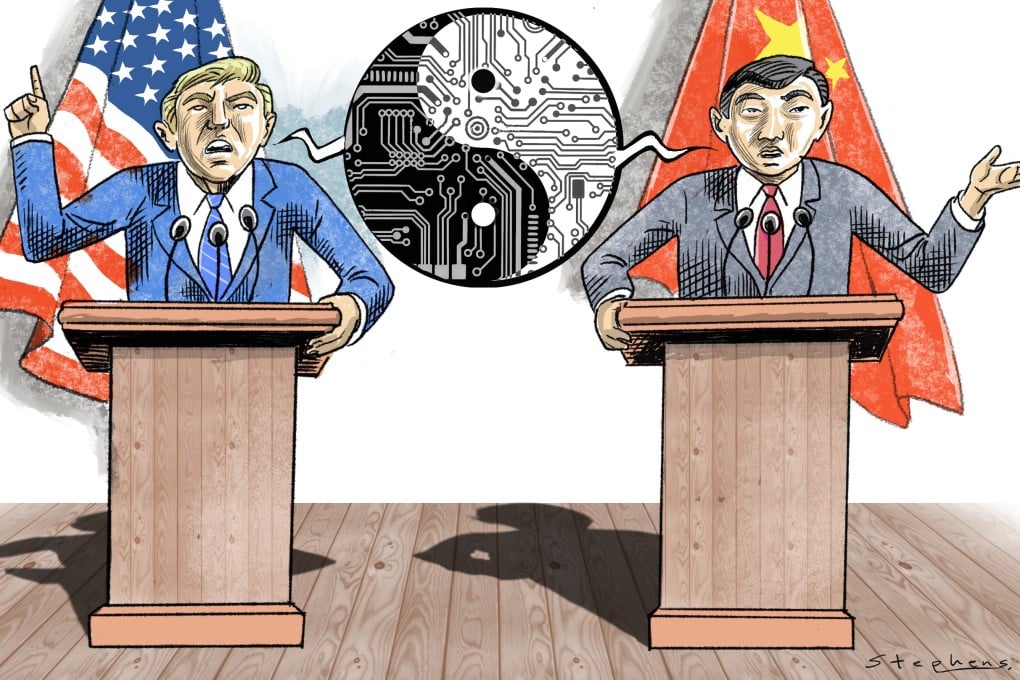Opinion | How powerful narratives of US-China tech war will shape its outcome
Both the US and China are employing different narratives to rally their domestic populations behind their tech policies

The domestic narratives employed by the United States and China in framing their technology competition reveal starkly different approaches and underlying strategic objectives.
At the forefront is the emphasis on job creation and economic revitalisation. President Joe Biden has positioned the technological race as an opportunity for large-scale employment growth and economic rejuvenation.
Closely linked to this economic messaging is the framing of technological capabilities as crucial to national security and economic resilience. US officials frequently draw connections between technological self-sufficiency and national safety.
Referring to the semiconductor shortages during the Covid-19 pandemic, Biden said earlier this year, when announcing US$6.1 billion in federal funding to Micron: “I determined that I’m never going to let us be vulnerable to wait lines again.” This statement encapsulates the sentiment.

